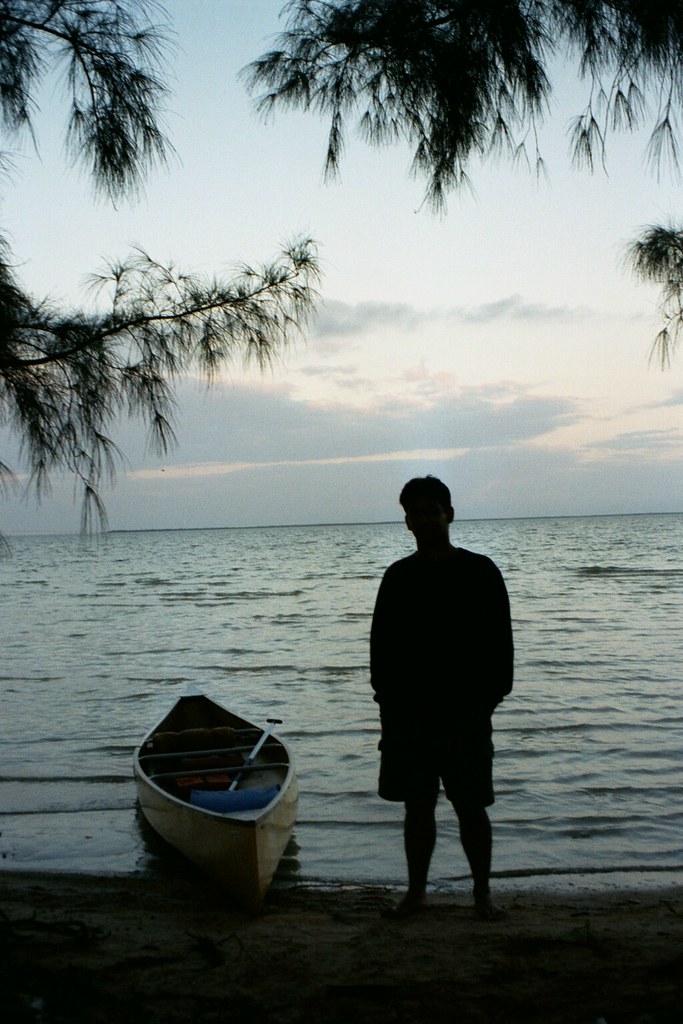Afzal’s hanging might be deferred, at least for the time being it appears that way. As is often the case in such politically and ideologically charged controversies, a variety of agendas have become intertwined. Perusing the papers I can sense three essentially disjointed elements that have crystallized over the course of these few days.
The first is legalistic. Afzal’s wife and family, with the help of his lawyers, have filed a mercy petition with the President. "He did not get justice, neither in lower courts nor in higher court. All he demands is fair trial," said his wife, adding that she hoped "justice will done by the President.” http://timesofindia.indiatimes.com/articleshow/2080356.cms
The family is quick to distance themselves from NGOs who they feel are using Afzal’s misfortune to forward their own anti-death penalty agenda. For the family this is a personal matter and they don’t seem too keen to use the NGOs in ways that the NGOs are using them.
The anti-death penalty agenda then is the second element to this controversy. It is primarily led by NGOs dedicated to eradicating it from the IPC. Their arguments are more universal and based in moral and ideological terms. Needless to say, this is a much larger debate. In India it has not been as vibrant as in other countries, though admittedly it is also not as dormant as in some, most notably China.
The third element is grounded in the logic or illogic of politics. From separatist leaders to the current CM of J&K, Ghulam Nabi Azad, all have voiced concerns regarding the political fallout of the execution. The separatists are using the specter of increased violence as a threat, whereas Azad is speaking in favor of maintaining the ‘peace.’ Added to this are voices from the BJP (as well as more right wing groups) who are looking for an opportunity to criticize the UPA government. And finally, there are the kin of those who died in the parliament attacks. So far, the media has shown little interest in reporting where they stand.
Political expediency is probably what will dominate the government’s decision in the end. But what is politically most expedient remains unclear, as the potential gains or losses in J&K will be weighed against the potential gains or losses across India as a whole. As far as Afzal’s family is concerned, the good news right now is that the entering of a plea automatically defers an execution. So until they hear back from the President, October 20 as such retains little significance.
Also see: http://www.hindu.com/2006/10/04/stories/2006100413910100.htm
Subscribe to:
Post Comments (Atom)

No comments:
Post a Comment